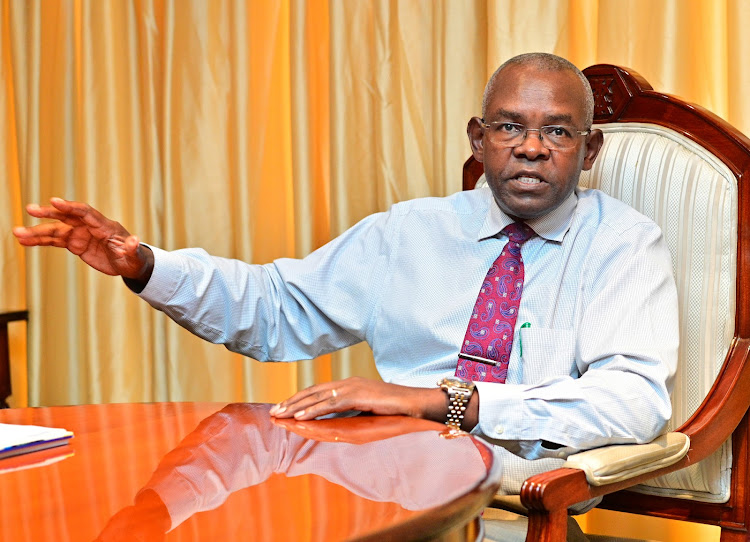It was a bright and sunny Saturday in Nairobi when Richard Wafula and his wife, Lillian, exchanged vows at the elegant Hotel Tobriana. Surrounded by friends and family, the couple’s wedding day was everything they had dreamed of. The laughter, the clinking of glasses, and the joyful tears shared between loved ones marked the beginning of their life together.
What Richard didn’t anticipate was that the hotel would soon turn his intimate moments into a commercial venture, using photos and videos from the day without his consent.
The images captured at the wedding, shots of Richard and Lillian’s first dance, the cake-cutting, and the smiling faces of their guests, found their way onto Hotel Tobriana’s Facebook and Instagram pages. What seemed to be a simple post celebrating a beautiful occasion soon became an unapproved advertisement. The hotel used these personal images to market its services, targeting potential customers with captions highlighting various events, from birthdays to weddings, corporate parties to family gatherings.
At first, Richard didn’t notice. It wasn’t until a friend casually mentioned seeing his wedding photo as part of an online advertisement that the realization hit him. Not only was his image being used for commercial gain, but his 10-year-old son and other family members were also featured. Disturbed by the violation of his privacy, Richard turned to the Office of the Data Protection Commissioner (ODPC) for justice.
The ODPC, after an investigation, ruled in Richard’s favour. The hotel was found guilty of breaching Richard’s privacy rights by using his data without permission. It was ordered to pay him a sum of Sh750,000 in compensation. The decision also stated that the hotel had failed to inform Richard about the use of his images and videos and, most significantly, had violated his right to erasure. In a further order, the hotel was instructed to remove all traces of his wedding photos from its social media accounts within 14 days.
Richard, though relieved by the ruling, could not shake off the emotional toll the experience had taken. The violation of his privacy had not only caused him distress but also harmed his reputation. He felt exposed, as though his most personal moments had been commodified for profit.
“It wasn’t just about the money,” Richard later said in an interview. “It was about the principle. They took something so personal to us, something sacred, and turned it into an advert to increase their business. It was exploitative, and they didn’t care about the impact it had on me or my family.”
As the days passed, the hotel reluctantly complied with the ruling, erasing the images from its online platforms. Yet for Richard, the damage was done. The violation of his privacy remained an unwelcome shadow over what should have been one of the happiest days of his life.
But his story became a lesson for others. It highlighted the importance of consent, the right to control one’s image, and the need for businesses to respect the personal data of their customers. Richard’s battle for justice, though arduous, brought awareness to the often-overlooked issue of data protection in Kenya. And in the end, it served as a reminder that some things—like love, family, and privacy, should never be used as tools for profit.





